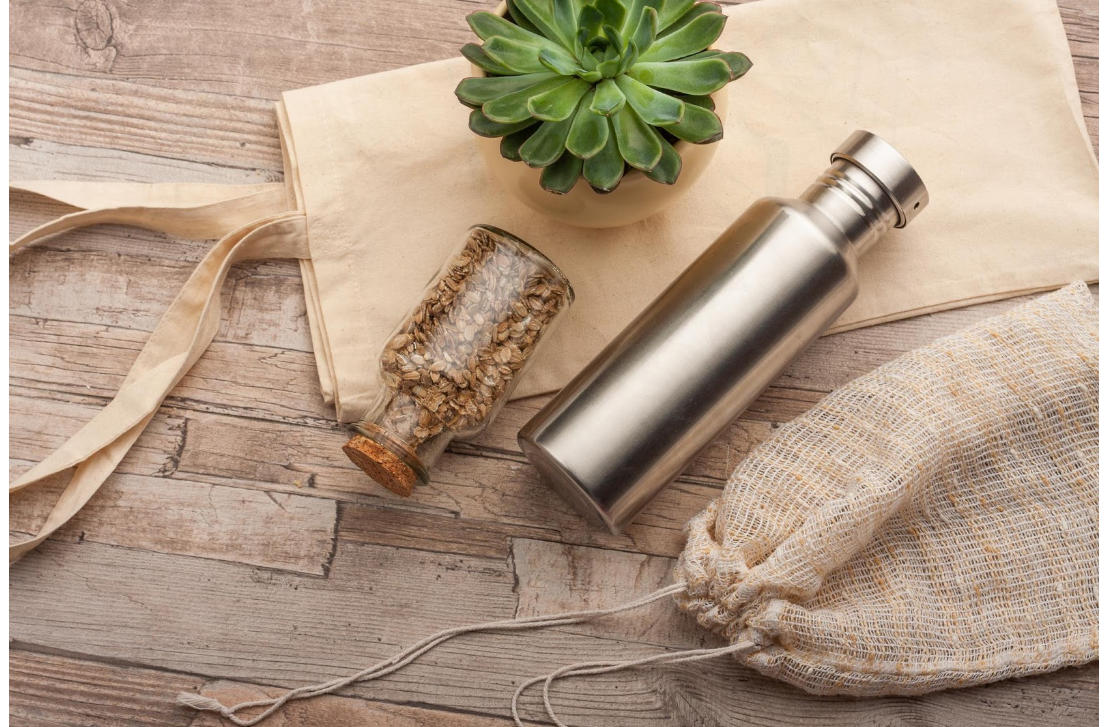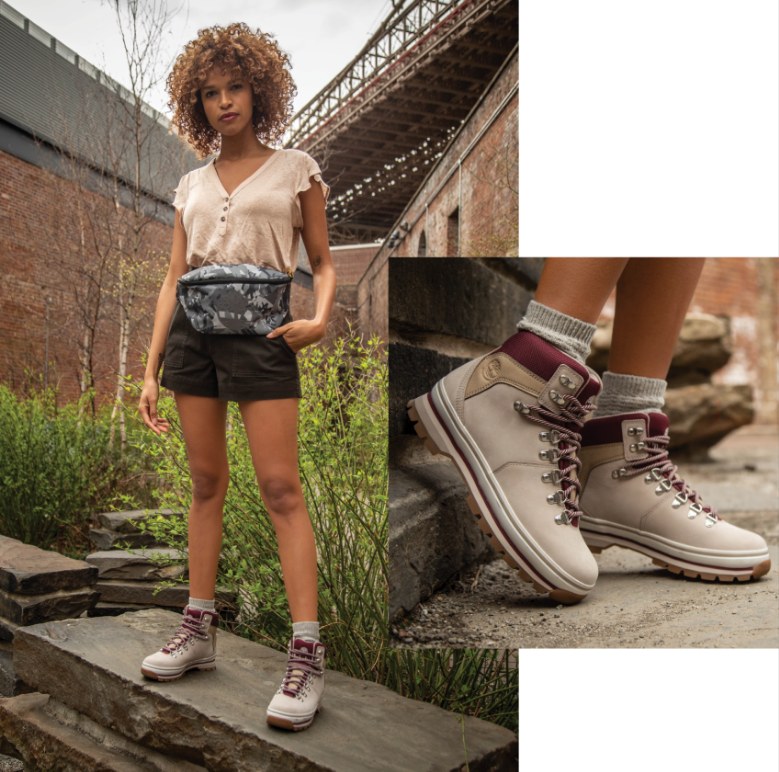Timberlands guide to leading a low impact lifestyle
2024-04-11
Timberlands guide to leading a low impact lifestyle
Have you ever considered living a low impact lifestyle? If you’ve recycled plastic bottles or traded your car for public transportation on your commute, you are well on your way to helping reduce waste and fossil fuel carbon emissions.
But, how do you live a low impact life on a daily basis? Let’s explore how to live a more eco-friendly life in a few simple steps.

Wait, what’s the difference between low impact and zero waste?
The key difference here is what each term focuses on. Leading a zero-waste lifestyle involves reducing the amount of “waste” you produce, while those who participate in the low impact movement work to holistically reduce their overall environmental impact.
The zero-waste lifestyle entails forgoing single-use products such as plastic containers and styrofoam packing materials. True to its name, zero-wasters work to produce as little “waste” as possible in favour of goods that are reusable, recyclable, or completely compostable.
The low-impact lifestyle takes it to the next level by incorporating ethical and sustainable practices in all aspects of life. In addition to reducing waste, one might wear ethical clothing, buy sustainable shoes made of recycled materials, shop ethical goods, or drive an energy-efficient electric car.
Is it easy to live a low impact lifestyle?
Committing to the low impact lifestyle can certainly be overwhelming, and everyday conveniences like prepackaged food or buying a to-go cup of coffee can be tough to beat. However, like with all new habits, embracing sustainable living can be simple if you start small.
Consider buying a reusable water bottle or bringing reusable bags to your monthly shop, and build healthy habits from there.

In our individual and communal experience, it really comes down to awareness. Low-waste living is all about keeping the wider picture in mind as you make independent positive choices. While we as individuals can certainly not curb the millions of plastic bottles that are wasted each year, we can make conscious decisions on where to invest our time, money, and energy for a brighter and better planet.
Meet Team Timberland: How We Live Low-Impact
Here at Timberland, sustainability is a key part of our mission. To date, we have given the equivalent of 345 million plastic bottles new life in our gear, including recycled shoes and backpacks. We use approximately 500,000 pounds of recycled rubber in our footwear every year.
Our Sustainability Goals of 2020 were ambitious as they were relatable, and we set our sights on expanding our sustainable initiatives every day. We’ve made the bold commitment to plant 50 million trees around the world over the next five years but can only reach that goal with the helping hand of dedicated non-for-profit partners around the world.
Sustainable success starts with each and every one of our employees.
Together we can Plant The Change™, but it all starts at the local level with each community we work with. Plus, our Second Chance Program gives new life to recently discarded footwear regardless of whether they are Timberland shoes or not. This zero-waste initiative has rehoused approximately 1,700 shoes in nine countries (and counting!)
Sustainable success starts with each and every one of our employees. We sat down with a few Timberland team members to discuss the efforts they have made in their personal lives to lead a low-impact lifestyle.
How to reduce your carbon footprint 101
You can embrace zero-waste principles in a few small ways that can have a major impact on reducing greenhouse gas emissions. Trade your daily disposable coffee cup for a reusable one, and bring a stainless steel water bottle to the gym instead of a single-use plastic alternative.

It’s best to invest in quality over quantity for you (and the planet).
As an added benefit, some retailers will offer a discount of 50p or more when you bring in your own cup. Instead of fueling the fast fashion industry, opt for ethical clothing made of organic cotton, or shop second-hand for quality clothes.